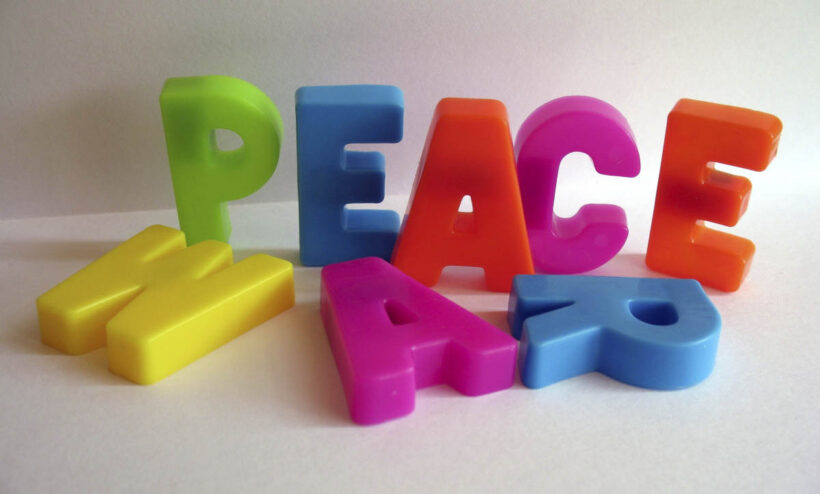“Our political constitution does not follow the laws of other cities but gives laws and examples to others. Our government is called a democracy because the administration serves the interests of the masses and not of a minority. According to our laws, we are all equal as far as our particular differences are concerned. …No one is hindered by poverty or inferior social status when his worth is such that he is able to serve the city. …There is no suspicion in our particular relations, …above all we obey the laws that defend the oppressed, even if they are not dictated, …As regards generosity, …we seek to acquire friends by dispensing benefits to them rather than by receiving them from them, for he who does a favour to others is in a better condition to keep their friendship than he who receives it…” [1][2] These words were spoken by a ruler of the city.
These words were spoken by a ruler describing the culture of his people 2,454 years ago.
Would it not be logical to suppose that after all the time that has passed until today, our society shows a cultural evolution that has transformed us into a paradise, where interpersonal relations are one of kindness, community collaboration, and happiness? Bearing in mind the valuable contributions we have since received from Socrates, Plato, Aristotle, and all the philosophy of the Age of Enlightenment, from movements such as the Renaissance, Romanticism, Impressionism, and Modernism, with the development of many religions and belief systems, with the extraordinary progress in the field of science and technology, with the unprecedented increase in interconnectedness and interdependence between the different cultures of the world.
So, what does our contemporary culture look like?
Our culture faces urgent challenges; at times it promotes extreme individualism, where personal interests often take precedence over the common good, it often encourages an excessive focus on consumption and the accumulation of material goods, in some cases contemporary culture can promote intolerance and polarisation, where differences of opinion are met with aggression rather than dialogue and mutual understanding.
It is essential to recognise, however, that there are many movements and efforts to correct these problems and that there is potential for positive change in the future. Part of fostering a culture of nonviolence in 21st-century society, and promoting peace and harmony, must begin with education that fosters an understanding of the principles of nonviolence from an early age that can lay the foundation for a culture of peace. This includes teaching effective communication skills, nonviolent conflict resolution, and empathy.
Art, music, and other forms of cultural expression can be powerful tools for promoting peace and nonviolence.
Teaching skills such as emotion management, self-awareness, and emotional empathy can help people interact in more positive and nonviolent ways.
Promoting empathy for others and cultivating compassion is essential to building healthy relationships and communities.
There are many organisations dedicated to promoting nonviolence and nonviolent conflict resolution. Supporting their work and participating in their initiatives can make a significant difference.
Every individual has an important role to play in promoting a culture of nonviolence.
Through education, action, and the promotion of non-violent values, we can work together to build more peaceful and harmonious communities and make our culture worthy of what our ancestors dreamed of 2,454 years ago.
Nelson Hidalgo Concha
[1] Thucydides: History of the Peloponnesian War. Funeral speech of Pericles, 431 B.C.










